|
You may be familiar with accessing books, archive collections, or microfilms at the British Library, but it can be daunting to look for and order play manuscripts if you haven't done so previously.
The staff in the Manuscripts reading room are really helpful, but I thought a users guide for any first-time researchers wanting to look in the Lord Chamberlain's Plays Collection might be useful so that you know what to expect and ask for. So here we go:
0 Comments
In April 2022 I was in the University of Bristol Theatre Collection researching the London cabaret scene of the early to mid twentieth century when I saw this face peeking out at me from an open folder of programmes and cuttings. I was immediately intrigued! The full picture was, I assumed, a publicity shot for a cabaret act, a play, or perhaps even a film.
Another curio from the Lord Chamberlain's Plays Collection - a sketch performed at the Lewisham Hippodrome in April 1913 and set at an unnamed London Underground station, in which the Devil (later revealed to be a medical student in costume as Mephistopheles) and his wife (later revealed to be a nurse in costume as a Folly) are waiting for either a tube train or an airship to take them home. About halfway through the piece the Devil brags to a Policeman that he is inciting militant suffragettes to commit violent crimes. As he is getting arrested a suffragette runs in, puts something into a handily adjacent post box that sets it on fire, shouts "Votes for Women" and runs off, pursued by the Policeman. There's a reference to the Devil's wife being a hunger-striker too. Curious!
Readings Fourteen and Fifteen - 26th November 2020 My Little Sister by Elizabeth Robins (1913)
Readers: Sarah Annakin, Bronwyn Elizabeth, Stephanie Fayerman, John Fleming, Sarah Ford, Catherine Harvey Green, Mufrida Hayes, Sioned Jones, Michelle Kelly, Sarah McCourt, Charlotte Moore, Jamie Newall, Philippa Ritchie, Maggie Saunders, Bob Sinfield, Lucy Stevens Part of the joy of research is finding surprises in archives, newspapers, autobiographies and ephemera.
Often these stories don't fit the narrative of whatever writing task is at hand at that moment and so get forgotten, but since 2017 I've been thrilled to give many of them a wider audience on BBC Radio 3's Time Traveller series - broadcast every morning just after 10am as part of the live Essential Classics programme on Radio 3 and then subsequently collated into themes for the Time Traveller podcast. Through this series I've been able to tell over twenty stories from the past about magic, art, sport, theatre, music, dance, and of course the suffrage campaign. It's been a couple of months now since my job at Parliament finished - and I've been meaning to write about some of the creative outputs of my time as part of the Vote 100 team. I was part of an AHRC funded project called 'What Difference Did the War Make? World War One and Votes for Women' run by the University of Lincoln and UK Parliament Vote 100 alongside the University of Plymouth. The project outputs included three panel events in Lincoln, Plymouth and London discussing not only the project topic but the work and legacy of past and present female Members of Parliament, alongside workshops for young people, and an exhibition in Parliament and online. You can see that exhibition here: www.parliament.uk
I'm not going to talk about those outputs in this blog post though. Instead this is a brief introduction to some of the other outputs involving project research that happened over the course of my year there - outputs I'm really excited about and that reached out to different audiences in different spaces. There's music, games, theatre, and sweets! My Time Traveller piece broadcast on BBC Radio 3's Essential Classics on Thursday 8th February 2018, was entitled 'Suffragettes on the Run' - and you can listen to it here (it's 1hr and 12 minutes into the programme) Music Hall star and Actresses' Franchise League member Marie Lloyd, no stranger to campaigning for the rights of performers within the theatrical profession, lent her support to suffrage societies by singing at the WFL’s Old World Fair at Caxton Hall in 1909 as part of a series of concerts to raise funds, and appearing in How The Vote Was Won in the same year, presumably as the character of Maudie Spark, the music hall comedienne. As an influential, wealthy and famous performer, she was able to support the sisterhood of suffragists in unique ways. One such gesture involved her allowing her theatrical hamper to be used to smuggle a militant speaker into a meeting at the London Pavilion in 1913. Marked ‘Marie Lloyd, Pavilion. Luggage in advance,’ the hamper contained the WSPU speaker Annie Kenney, who was out of prison on licence after a period of hunger-striking and subject to immediate re-arrest under the ‘Cat and Mouse’ Act if she appeared in public. Kenney wrote about the incident in her autobiography, Memories of a Militant, recalling the workmen who unknowingly delivered her to the theatre in the hamper making ‘growls…about the weight, about actresses having no consideration for the poor men who had to carry their baggage, and so on. I was turned, toppled, banged, dropped, before one of them got me (in my hamper, of course) on to his back.’ The ruse worked, and despite the police officers stationed around the entrances to the theatre, Kenney made it inside unnoticed. The London Pavilion was a regular site for WSPU meetings in 1913, and the building that housed the theatre is still a prominent part of Piccadilly Circus. I remember it housing waxworks music show 'Rock Circus' when I was a child and it most recently was the site of Ripley's Believe it or Not. Built in 1885, it functioned as a music hall and variety venue until 1912, when it became the home of a string of musicals. as well as mixed bills. You can see a London Pavilion programme from 1913 here - and on the bill is a performance by Graham Moffat's company of Scottish Players. Moffat was a suffragist and the author of suffrage play 'The Maid and the Magistrate', published by the AFL. His wife, actress Maggie Moffat, was the second Scottish suffragist to be imprisoned for campaigning, when she was arrested in 1907. The Glasgow WSPU delegate for the Women's Parliament in Caxton Hall, Maggie Moffat was one of fifty-three women arrested when mounted police broke up a group of women marching peacefully to the House of Commons with a resolution for the Prime Minister. She was subsequently imprisoned in the second division in Holloway.
But back to the story in question! In groups of ten to fifteen at a time, audiences will set off on a specially prepared route through Covent Garden starting from the historic Theatre Royal Drury Lane. At intervals throughout the route, actors and actresses begin their performances as the groups draw near, engaging audience members in comic and moving moments from the struggle for Votes for Women with pieces both inspired by and directly from the plays and experiences of the Actresses’ Franchise League… Audiences will discover theatrical Suffragette secrets they never knew Theatre Land had been keeping! “Absolutely brilliant” This is the transcript of my talk for BBC Radio 3's Free Thinking Festival, recorded on the 2nd November 2014 at the Sage, Gateshead. It was broadcast on 24th November 2014. The broadcast version was cut, so the transcript below is the" full piece. You can hear the broadcast version by clicking on the picture above - or clicking here |
NaomiThoughts, reflections, bits of research Archives
April 2023
Categories
All
|
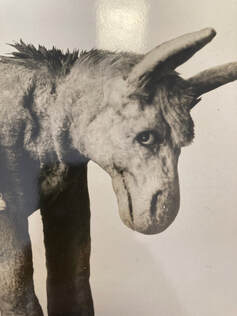
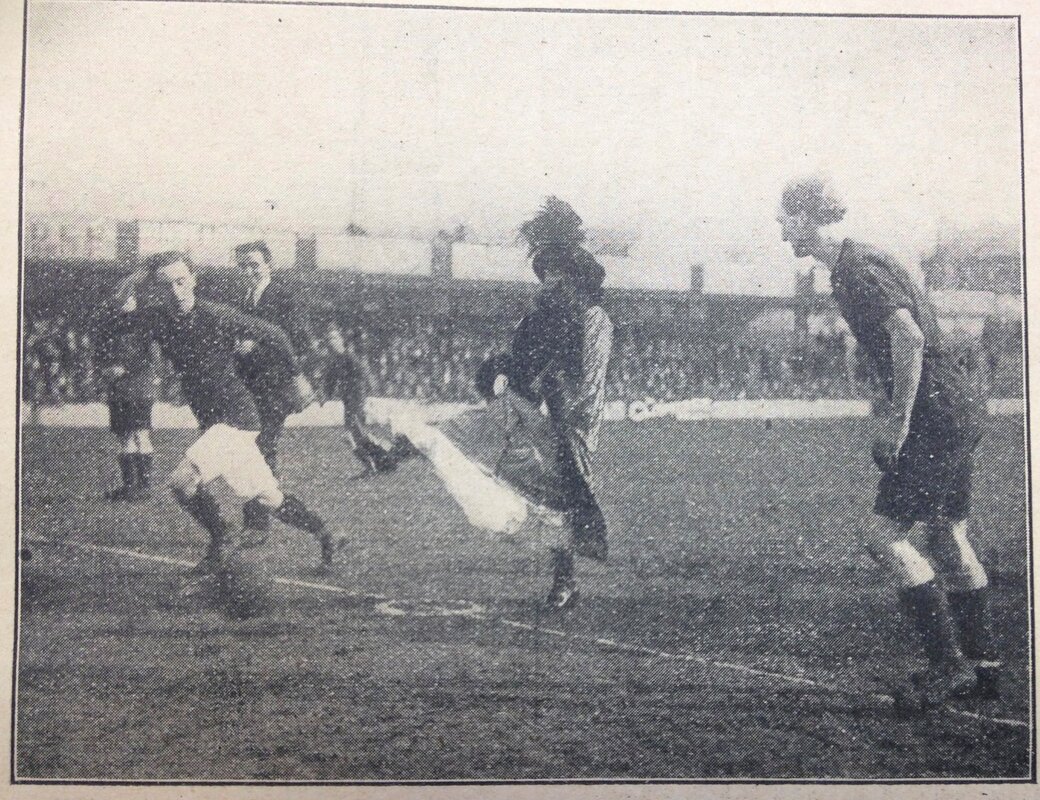
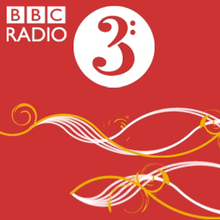
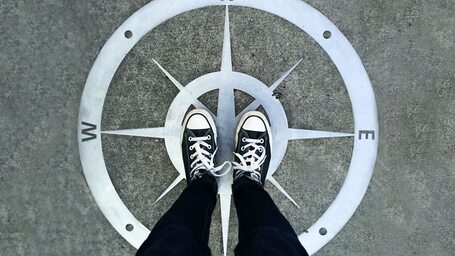
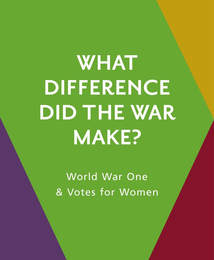
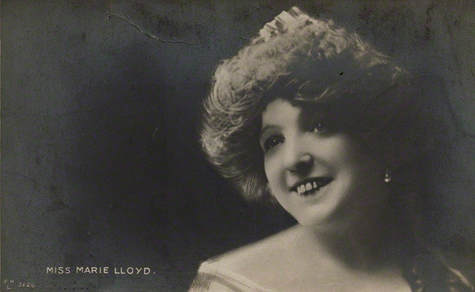
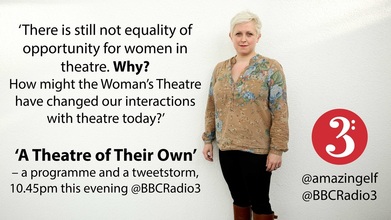
 RSS Feed
RSS Feed